
The future of employment in the age of artificial intelligence
Artificial Intelligence (AI) is revolutionizing industries across the globe, bringing both opportunities and challenges to…
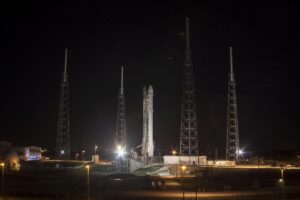
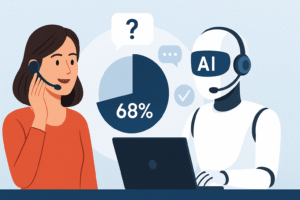
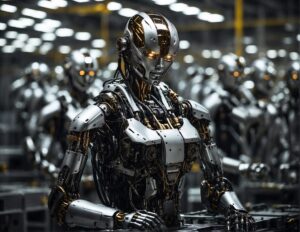


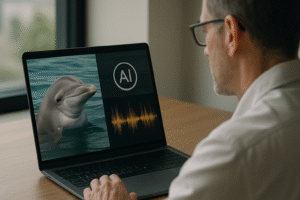






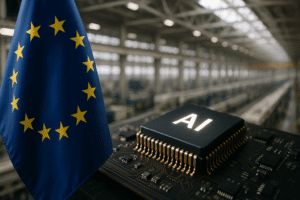

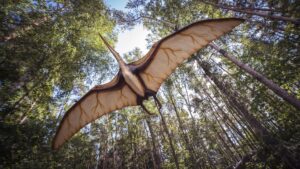
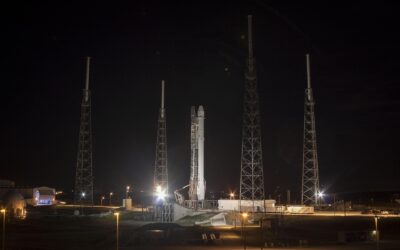
SpaceX is gearing up for the ninth test flight of its massive Starship launch system, scheduled for May 27, 2025, at 6:30 p.m. CDT (7:30 p.m. EDT / 2330 UTC). The launch will take place from Starbase, the company’s test and development facility in Boca Chica, Texas. This mission marks another critical milestone in SpaceX’s…

Cisco’s latest global study reveals a sharp acceleration in the adoption of agentic AI across enterprise customer support. Released on May 27, 2025, the research projects that 68% of customer service interactions with technology vendors will be managed by agentic AI systems by 2028—up from a projected 56% within the next 12 months. This shift…
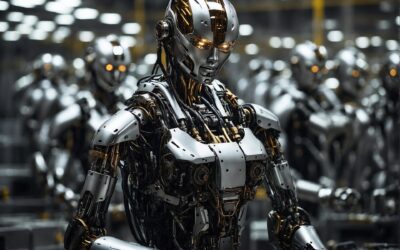
The technology sector is undergoing a significant period of restructuring, with major players like Microsoft and Match Group announcing substantial layoffs. These moves come amid a broader push to adapt to rapidly evolving technologies and shifting market demands. Company leaders emphasize that these reductions are not primarily about replacing human workers with AI but reflect…

A large asteroid the size of the Eiffel Tower is scheduled to pass near Earth on May 24, 2025, prompting careful tracking and analysis from NASA’s Center for Near-Earth Object Studies (CNEOS). The object in question—Asteroid 2003 MH4, officially designated as 387746—is approximately 335 meters (1,100 feet) in diameter and is barreling through space at…

In a move that underscores the unpredictable dynamics of the tech world, Elon Musk’s artificial intelligence venture, xAI, has entered into a strategic partnership with Microsoft—the very company Musk is suing. The collaboration, announced during the Microsoft Build 2025 developer conference, will see xAI’s Grok AI models hosted on Azure, Microsoft’s cloud computing platform. Appearing…

Artificial intelligence is taking us one step closer to having real conversations with dolphins. For decades, scientists have been fascinated by these intelligent marine mammals, known for their complex vocalizations and social behaviors. Now, thanks to cutting-edge AI models and ambitious research initiatives, we’re beginning to decode their language in ways that once seemed like…

A bold new theory out of Dartmouth College might finally shed light on one of the biggest mysteries in modern physics: where does dark matter actually come from? The researchers behind this idea propose that dark matter wasn’t always the cold, invisible substance we think of today. Instead, it may have started out as high-energy,…

A new study from researchers at St George’s, University of London, and the IT University of Copenhagen has revealed something pretty fascinating: large language model (LLM) AI agents can actually develop social behaviors that look a lot like the conventions humans create—without anyone explicitly programming them to do so. Published in Science Advances, the research…

Google is taking a major step in in-car technology by integrating its Gemini AI assistant into more than 250 million vehicles running Android Auto. Announced during The Android Show ahead of Google I/O 2025, the update is set to transform the driving experience by enabling natural, voice-driven conversations between drivers and their vehicles. Enhancing the…

Apple is preparing to unveil a new AI-powered battery management feature in iOS 19, designed to extend iPhone battery life by learning from user behavior and optimizing power consumption. The feature, part of the broader “Apple Intelligence” initiative, is expected to make its debut at the Worldwide Developers Conference (WWDC) in June 2025, followed by…